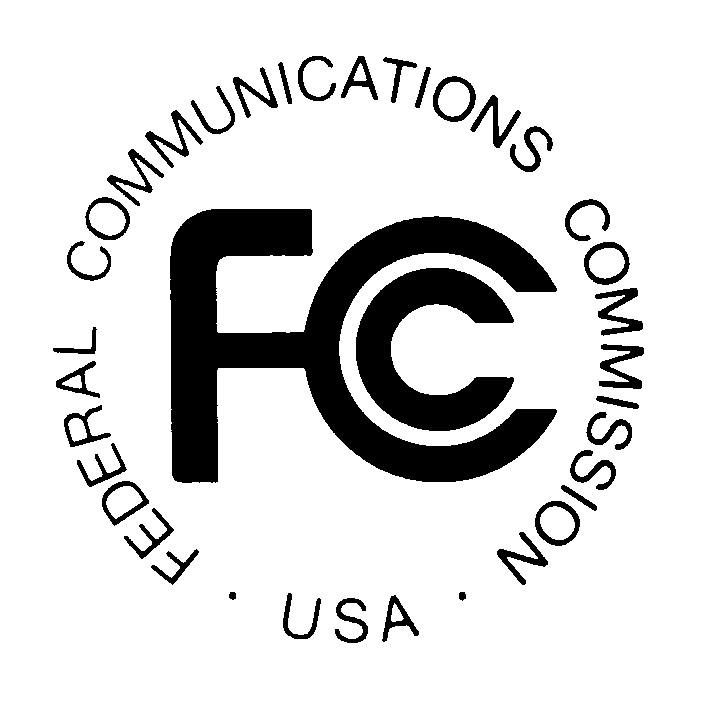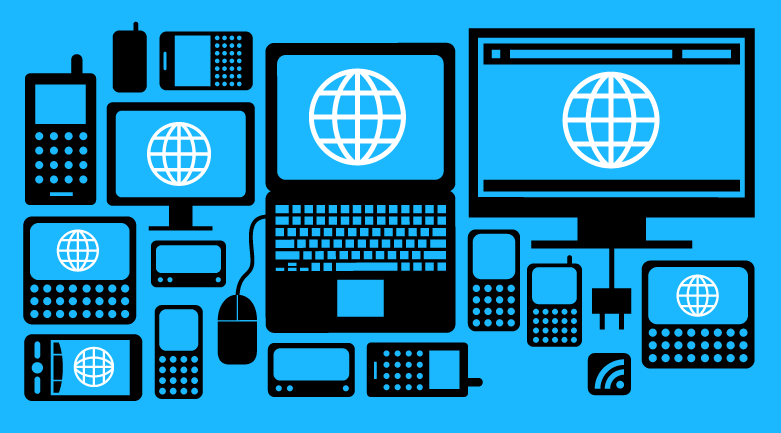'Net Neutrality' Explained
Despite all its persistent coverage of late, net neutrality continues to be misunderstood. With the name net neutrality it is difficult to see why the matter merits interest, never mind understanding. However, it is an issue disregarded at one’s peril. Some may ask (may even have asked you) ‘But how does it affect me?’, a question that they may well offer as a rebuttal. The only acceptable response to such a query is ‘Substantially.’ (to be given after having pointed out the self-centered, bordering on myopic, nature of the question).
Part of the problem is the terminology. The very name is an issue, innocuous the the point of seeming insensibility; it’s reminiscent of a routine from George Carlin’s HBO Comedy Special Doin’ It Again (1990). Furthermore, what you turn up, reliable or not, is often so jargon laden that many must wonder whether they have the time to pick over the details. Here, suspicions should be aroused. After all, impenetrable masses of verbiage are among the most effective means of concealment, thus making them inherently conspicuous.
More than that, if you cast about for information on the subject what you turn up is often problematic. That is not to say that there is no reliable information out there. It is just that you have to go looking for it amongst content of dubious quality and intent. If there is a hope for what follows it is a small one: to take the wealth of material surrounding a pressing issue and condense it into about a thousand-or-so words. So, let’s start by establishing the basics. The very basics.
What is net neutrality? .
Net (or network) neutrality is a principle concerning impartiality. The premise is simply that cable companies/ Internet Service Providers (ISPs) should offer their services/product indiscriminately. This means that all online content should be made equally available without bias or preferential treatment towards specific web-content (websites, services, applications) or web users (you and me). In a phrase: equal access.
 This principle ensures that the web is an egalitarian environment, ensures that it is a resource available to all. It is worth remembering that egality was the guiding precept on which the world wide web was first devised, as the New Statesman made clear in a 2011 profile of its creator Tim Berners-Lee. In the piece, Berners-Lee is quoted:
This principle ensures that the web is an egalitarian environment, ensures that it is a resource available to all. It is worth remembering that egality was the guiding precept on which the world wide web was first devised, as the New Statesman made clear in a 2011 profile of its creator Tim Berners-Lee. In the piece, Berners-Lee is quoted:
‘…”If large corporations control our access to the internet and determine which websites we can go to, we will lose its openness and its democratic nature. We can all help to campaign for the right to connect. It is essential that we keep the space open as a white sheet of paper that anyone can use, without being spied on, blocked and diverted.”…’.
These lines accurately allude, even predict, net neutrality’s current threat.
How has is net neutrality come under attack?
In Europe, Alex Hern writes concerns have been raised by Andrus Ansip, the European commission’s Vice President For the Digital Single Market: ‘over Italian proposals to give network providers the ability to offer different speeds to different sites.’.
Last month Julia Fioretti wrote that in a bid to help telecoms industry in Europe compete with Asian and U.S. rivals:
‘European Union governments are considering less stringent rules on how internet service providers manage traffic on their networks, according to a draft seen by Reuters, a move that could be welcomed by Europe’s large telecoms operators.’.
The use of scare tactics is sickening if unsurprising. The justification is to curtail liberty (personal) in for the sake of security (economic). If you begin to feel the bile rising in your throat it may be quelled by recollecting the oft misquoted line of the American polymath and founding father Benjamin Franklin: ‘Those who sacrifice liberty for security deserve neither’.
 Despite being separated by the North Atlantic, the stories from the U.S. strikingly similar. Early this year provisions against preferential treatment being struck down at a U.S. federal court of appeals. In the wake of the court’s decision, the Federal Communications Commission (FCC), in Elliot Hannon’s words: ‘put forward a proposal that would allow content companies to pay for preferential access to consumers online.’. The proposal would essentially create what a two tier internet service, consigning a user to what is referred to as a fast or slow lane depending on that user’s wealth.
Despite being separated by the North Atlantic, the stories from the U.S. strikingly similar. Early this year provisions against preferential treatment being struck down at a U.S. federal court of appeals. In the wake of the court’s decision, the Federal Communications Commission (FCC), in Elliot Hannon’s words: ‘put forward a proposal that would allow content companies to pay for preferential access to consumers online.’. The proposal would essentially create what a two tier internet service, consigning a user to what is referred to as a fast or slow lane depending on that user’s wealth.
The FFC proposal was met with a outcry, detailed by Lily Hay Newman, who has published widely on the matter. The ire is hardly unreasonable. The man charged with overseeing net neutrality policy change is FCC Chairman Tom Wheeler, a former lobbyist for the the very companies he is tasked with regulating. Gamergate may have featured a conflict of interest, but that’s ridiculous! Not only that, Wheeler was appointed to the role by President Obama himself. Furthermore, since the appointment the President has unable to ensure the impartiality of his appointee, even after coming out in support of the the very principle that the FCC proposal endangers
Why does the threat to net neutrality matter?
To begin addressing why net neutrality and the challenges to it matter, we need to go right back to Berners-Lee. In 2011, he talked of the web’s centrality to modern life and the potential pitfall that centrality implies.
‘ “The world’s urban poor and the illiterate are going to be increasingly disadvantaged and are in danger of being left behind. The web has added a new dimension to the gap between the first world and the developing world. We have to start talking about a human right to connect.” ‘
Since the early 90s, the web has changed in its ubiquity and that ubiquity has in turn changed us. To disallow someone access to online content by dint of what they earn would disadvantage vast numbers of people, people already struggling under the same economic reality that would deny them access. So to endanger net neutrality would by extension endanger social mobility.
However, attacking net neutrality will not only confine and concentrate many people in financial dire straits as the result of their being deprived of essential services, it will also ring-fence the wealth of vested interests. For Reuters, Julia Fioretti and Alastair Macdonald write, ‘The growth of data-hungry services such as Netflix, Skype and Spotify has strained the capacity of Internet service providers. They now say they should be allowed to give priority to some traffic over others.’ The barefacedness is impressive. In effect the ISPs feel that they have not garnered enough wealth, and so would like to make more by reserving decent service for a minority of users, those with sufficiently deep pockets.
Finally, the preferential treatment of such users will stymie online innovation and the progress such innovations entail. John Naughton covers this comprehensively, writing:
‘As an organising principle, net neutrality explains why the internet has enabled such an explosion of creativity over the past 30 years. It meant that if you were smart enough to invent something that could be done with data packets, then the internet would do it for you with no questions asked. What that meant was that the barriers to entry for innovators were incredibly low – which is why Tim Berners-Lee was able to launch the web and a Harvard sophomore named Mark Zuckerberg could unleash Facebook on an unsuspecting world. Net neutrality created what the Stanford scholar Barbara van Schewick calls “an architecture for permissionless innovation”.’
Net neutrality is what imbues the web with the creative potential that has been essential for progress. Therefore, in its absence, the monopoly of moneyed interests has the potential to turn the web stagnant. As a writer on a small site I should and do confess my bias. However, this does not undermine the fact the start-up companies would be enormously set back by the proposed changes, changes which will only benefit those whose pockets are already well-lined.
Well-named or not, net neutrality is something something we can afford being interest in, because none of us can in any way afford the consequences of it being undermined.
For those that want more information the above contains no shortage of hyperlinks. However, if you require further clarification, there are two short videos that provide excellent summations.
1) Nerd Alert
2) Last Week Tonight with John Oliver
And as always let us know what you think in the comments below.










